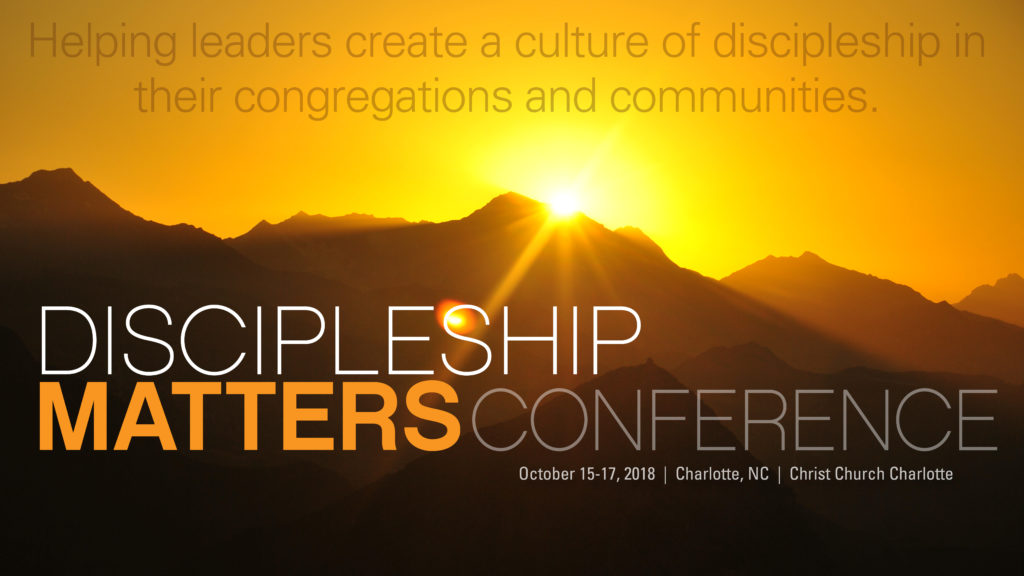|
Acts 2:43-47 Awe came upon everyone, because many wonders and signs were being done by the apostles. All who believed were together and had all things in common; they would sell their possessions and goods and distribute the proceeds to all, as any had need. Day by day, as they spent much time together in the temple, they broke bread at home and ate their food with glad and generous hearts, praising God and having the goodwill of all the people. And day by day the Lord added to their number those who were being saved.
Romans 12
For by the grace given to me I say to everyone among you not to think of yourself more highly than you ought to think, but to think with sober judgment, each according to the measure of faith that God has assigned. For as in one body we have many members, and not all the members have the same function, so we, who are many, are one body in Christ, and individually we are members one of another. We have gifts that differ according to the grace given to us: prophecy, in proportion to faith; ministry, in ministering; the teacher, in teaching; the exhorter, in exhortation; the giver, in generosity; the leader, in diligence; the compassionate, in cheerfulness. Let love be genuine; hate what is evil, hold fast to what is good; love one another with mutual affection; outdo one another in showing honor. Do not lag in zeal, be ardent in spirit, serve the Lord. Rejoice in hope, be patient in suffering, persevere in prayer. Contribute to the needs of the saints; extend hospitality to strangers.
|
Community
As we are cleaning up after the hurricane, we sought wisdom of staff at Episcopal Relief and Development, a wonderful organization that has deep experience in response to all kinds of disaster, nearby and far away. (Note: If you want to make a donation to a faithful, well-run organization, I recommend them unreservedly.)
The wise staff person leading the call shared that after a disaster like this hurricane, people need the CIA. Not the Central Intelligence Agency. Not the Culinary Institute of America. The three things people need? Community. Information. Agency.
As it turns out, yesterday I was asked to lead a class at church on words of faith that guide us in the spiritual journey. The word I was assigned? Community. Surrounded by the effects of the storm, we discussed the importance of community. I’ve been privileged to see that community at work over the past week. Groups of folks walking around the neighborhood to clear the road of trees. An elderly retired gentleman delivering hot coffee door to door. Scores of folks coming together to cook meals with World Central Kitchen, serving tens of thousands of meals. (Google that organization to see the amazing work they’ve done here and elsewhere.) Churches organizing to offer whatever they could. Folks in our neck of the woods have been given the chance to see what community means. I have been inspired in a season when inspiration about our common life can be rare.
Ever since the Garden of Eden when the Lord God said that it was not good for a person to be alone, the biblical call to community has been strong. From one lone wandering Aramean named Abraham, God formed a people. The first Christians met together, sharing what they had, meeting weekly for worship. St. Paul spoke about what community looked like, most frequently describing the church as the body of Christ, his hands and feet, with different parts coming together, sometimes in greater harmony than others. Which leads me to note that community is not always easy.
Fact is, the community to which we are called as people of faith is not a club, although there may be wonderful social dimensions. It’s not a gaggle of friends, or a society of agreement. Which means community life is no breeze. Parker Palmer said: Community is that place where the person you least want to live with always lives. He echoes the wisdom of St. Benedict, who organized Christian communities under his monastic rule and noted that if one of the monks is really irritating, don’t kick him out, because the one who replaces him may well be worse.
Church as community, at its best, offers a test of the baptismal claim that Christ can be found in each person. We learn that Christ may come well disguised. The church offers a lab for discovering whether we can live into the command to love neighbor. It tests us to move beyond the adage: I love humanity. It’s people I can’t stand. In an increasingly polarized world, where many retreat to gated communities, and TV’s are set to channels that ratify pre-existing ideas, the church gives us a chance to put Jesus’ challenge to love neighbor as self on trial.
Even this introvert has come to believe we can’t be a person of faith, a disciple of Jesus alone. We’re called to community. It sustains us. And it can heal the world. So when the storms of life come sweeping over us, community can be the rock onto which we hold. Give thanks for life in community, even for the annoying people God puts in our way. Bring yourself to community. Invite others in. Ask yourself what you can do this week to strengthen community. In times like this, we need it bad.
-Jay Sidebotham
There’s still time to register for the Discipleship Matters Conference
 Contact:
Contact:
Rev. Jay Sidebotham
jsidebotham@renewalworks.org
RenewalWorks is a ministry of Forward Movement.
www.renewalworks.org


